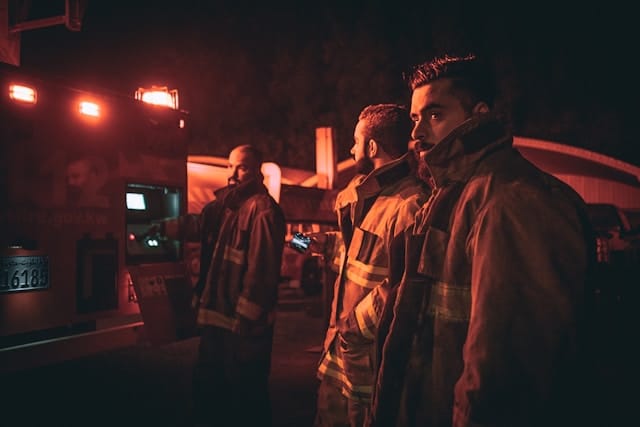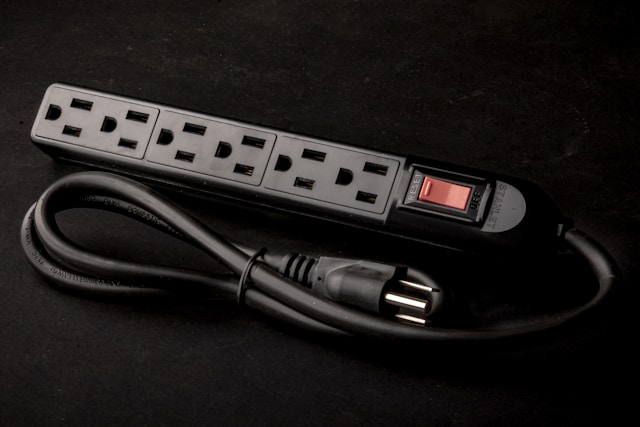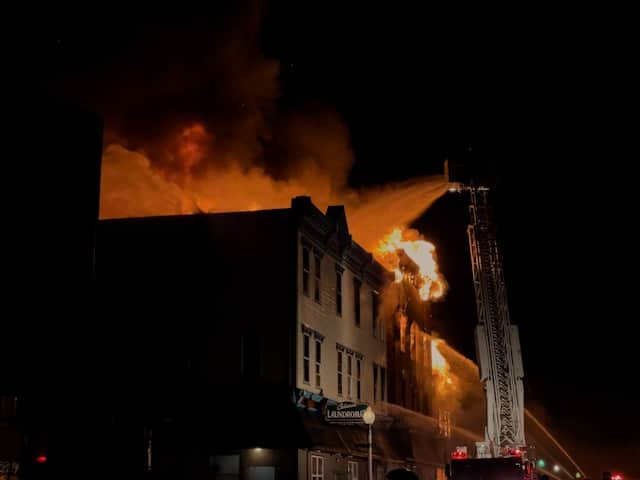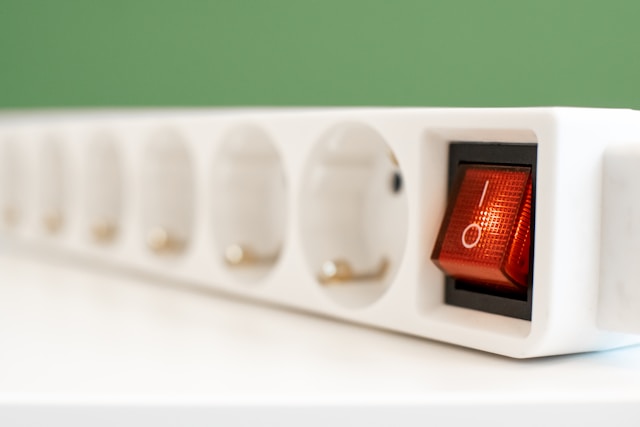Firefighters urge everyone to avoid plugging space heaters into power strips due to the high risk of overheating and potential fires.
Firefighters strongly advise against plugging space heaters into a power strip or extension cords, as these are not built to handle the high energy demands of a space heater. As winter nears, many will soon start using their space heaters to fend off the cold. While these handy devices offer much-needed warmth, it’s crucial to use them with caution.

Space heaters require significant wattage and amperage to operate. Plugging them into a power strip can create a dangerous fire risk. Firefighters are actively raising awareness about the risks of using power strips with space heaters, urging everyone to plug these heaters directly into wall outlets instead.

Overheating of power strips or extension cords can lead to fires, posing a serious threat to your home and endangering lives. The National Fire Protection Association (NFPA) reports that space heaters are involved in 44% of all home heating-related fires. The U.S. Consumer Product Safety Commission (CPSC) cautions that space heaters cause 25,000 residential fires annually, resulting in 300 deaths and thousands of injuries.

Safety should always be your top priority. To protect yourself and your loved ones, never plug a space heater into a power strip—always use a wall outlet. Here are some tips from firefighters:
- Always Use a Wall Outlet: Ensure your space heater is plugged directly into a wall outlet, never a power strip or extension cord.
- Keep Clear of Flammable Materials: Place the space heater at least three feet away from anything that can burn, such as curtains, furniture, or bedding.
- Avoid Overloading Circuits: Plugging too many devices into one outlet can overload the circuit, so avoid using other high-wattage devices in the same outlet as your space heater.

- Supervise Usage: Never leave a space heater running unattended. Turn it off when leaving the room or going to bed.
- Regularly Inspect Your Heater: Check the space heater for any signs of damage or wear before each use, and follow the manufacturer’s safety guidelines.
- Install Smoke Alarms: Ensure your home is equipped with working smoke alarms on every level, and test them regularly.